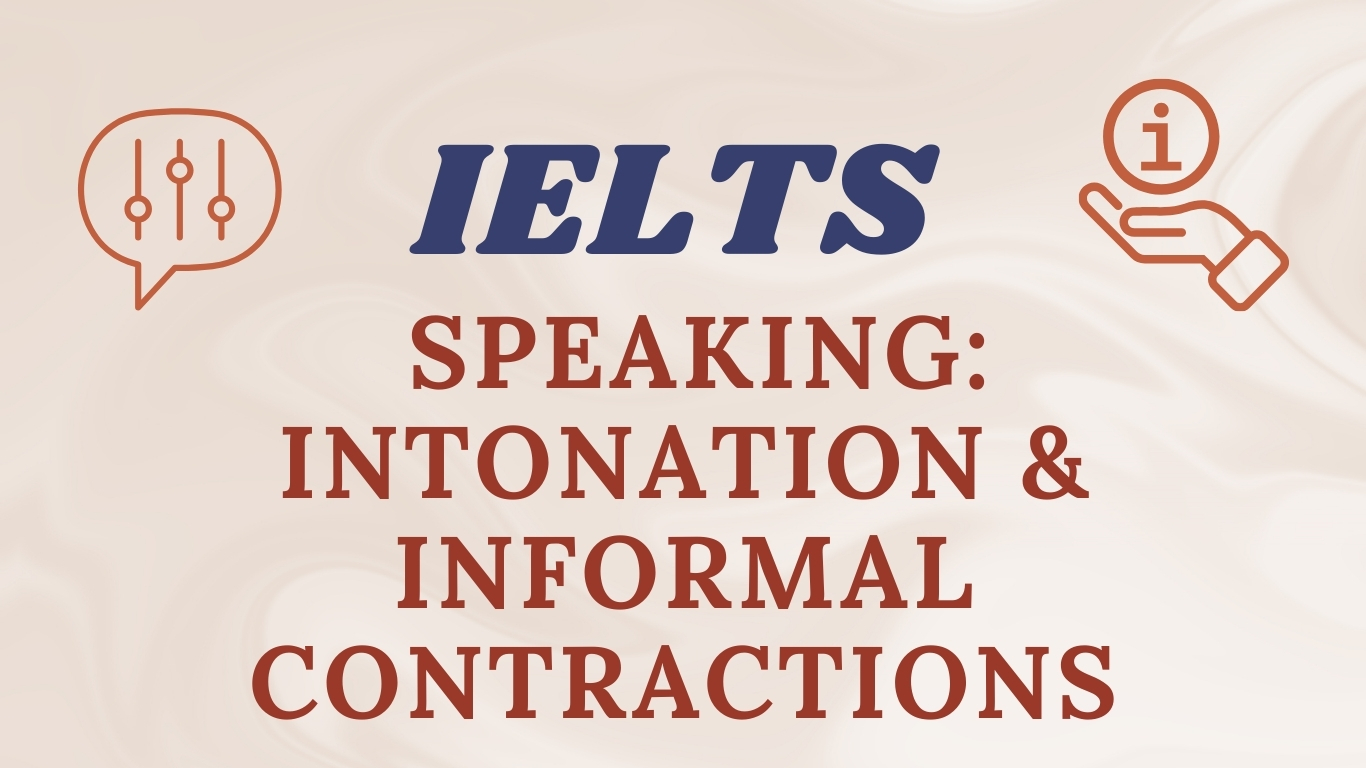If you've ever tried to say “I am going to eat” and it somehow turned into “I’m gonna eat” without even realizing it, congratulations — you’ve already dipped your toes into informal contractions!
The IELTS Speaking test is not just about vocabulary or grammar — it's about sounding natural, confident, and like you didn’t rehearse your answers 82 times in front of the bathroom mirror (even though we both know you probably did).
Here’s a little-known fact to boost your motivation: According to a Cambridge IELTS examiners’ guide, 25% of your speaking band score comes from pronunciation, which includes your intonation and use of natural rhythm in speech. That’s not just “nice to have” — that’s non-negotiable if you’re aiming for Band 7 or above!
And if you're wondering whether sounding a bit more relaxed can actually help, here's a bonus: native speakers use informal contractions like “gonna,” “wanna,” and “gotta” in over 70% of casual conversations (Source: Linguistic Society of America). So yes, it’s not only okay — it’s expected in casual speaking situations like Parts 1 and 2 of the IELTS.
Get ready to learn with a smile — we’re diving into the world where intonation meets imitation and contractions make conversations cooler .
Conclusion
Let’s face it: speaking English in front of an examiner can feel like trying to juggle flaming torches on a unicycle. But here’s the thing — you don’t need to sound like the Queen of England to ace the IELTS Speaking test (unless she’s your aunt, in which case, carry on).
Instead, focus on sounding real — like a human who’s had actual conversations, not just someone who memorized 50 sample answers from a prep book.
Use intonation to show feeling and emotion. Say “Really?” with rising pitch to show surprise, and “I don’t think so” with falling intonation to sound firm. These subtle changes help the examiner hear your meaning — even if your grammar isn't perfect.
Sprinkle in informal contractions — “gonna,” “wanna,” “gotta” — not to show off, but to sound like someone who’s used to chatting in English. And remember, fluency doesn’t mean speaking fast — it means speaking naturally.
So, go ahead: mimic your favorite English-speaking YouTuber, talk to your mirror (or your cat), and record your voice like it’s a podcast. Make learning fun, keep practicing, and remember — if you can think in English, feel in English, and speak with style, you're already halfway to Band 9!
